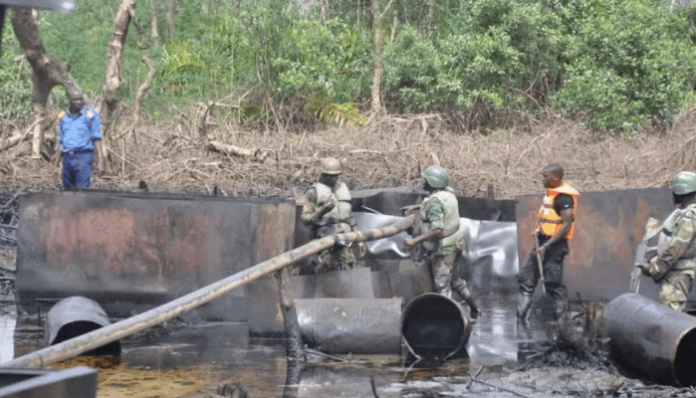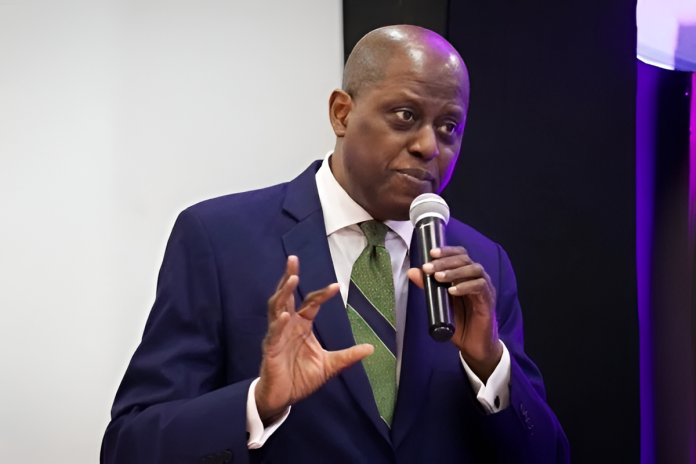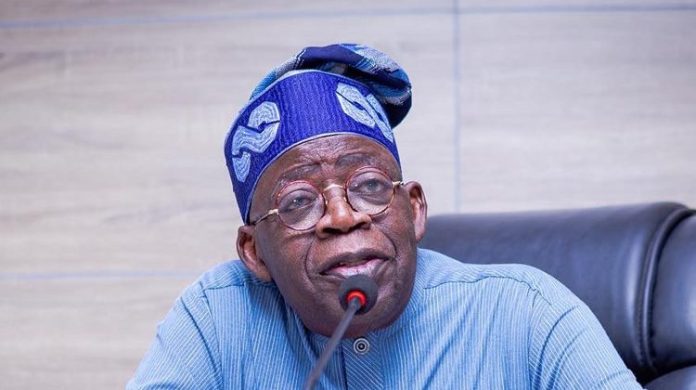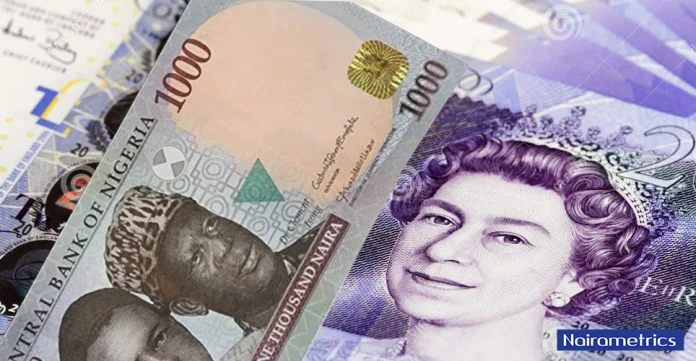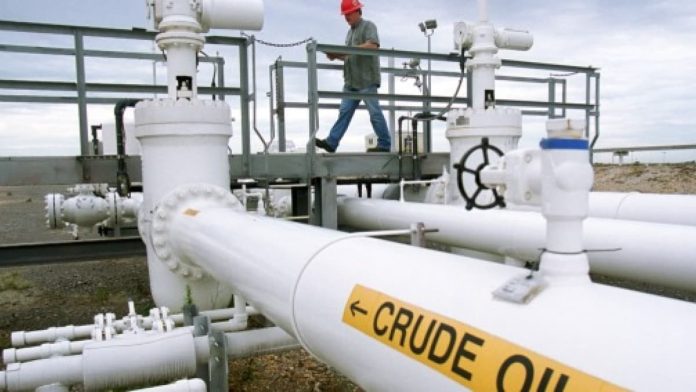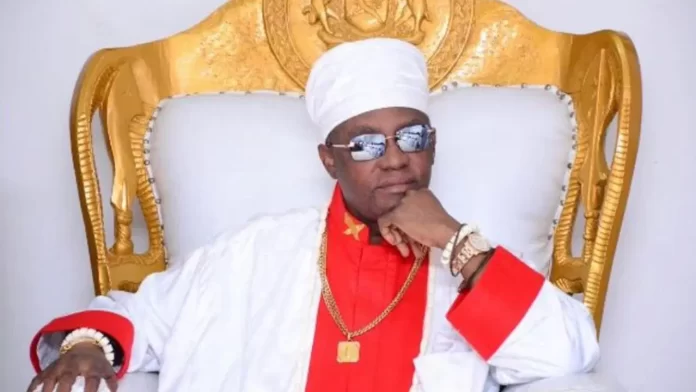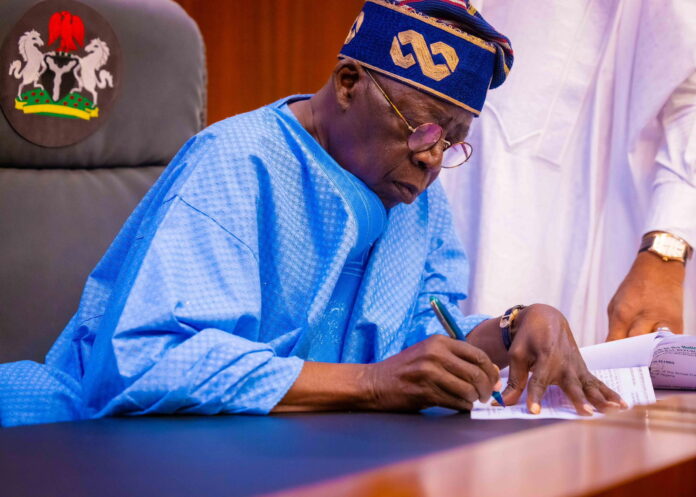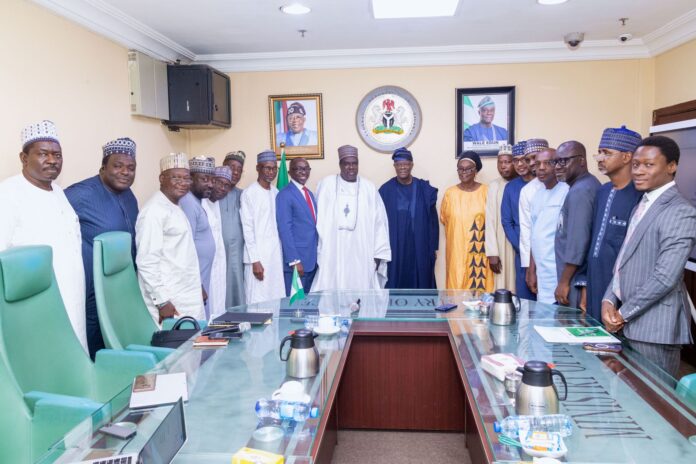By Dickson Pat
Nigeria’s locally produced diesel accounted for just 2.16% of the total diesel supply in 2023, a slight decrease from the 2.50% recorded in 2022.
This is according to the data from the petroleum products distribution statistics report of the National Bureau of Statistics ,NBS.
Despite a 6.76% increase in local production, rising from 102.47 million liters in 2022 to 109.39 million liters in 2023, the growth was outpaced by a substantial increase in imports.
The importation of Automotive Gas oil ,AGO, also known as diesel, surged by 23.64%, climbing from 4.00 billion liters in 2022 to 4.94 billion liters in 2023.
This increase led to a 23.23% rise in the total available diesel, which reached 5.05 billion liters in 2023, compared to 4.10 billion liters in the previous year.
The growth in imports caused a further decline in the share of locally produced diesel within the total supply, emphasizing Nigeria’s dependence on imported fuel to meet domestic demand.
The drop in the share of local diesel production highlights the challenges facing Nigeria’s refining capacity.
Despite efforts to boost local output, the country remains heavily reliant on imports to satisfy energy needs.
the average price of diesel in Nigeria rose by 1.93% month-on-month in August 2024, reaching N1,406.05 per liter.
The month-on-month increase comes amid a growing standoff between local marketers and Dangote Refinery, with many marketers refusing to purchase the refinery’s lower-priced diesel products.
The average retail price of Automotive Gas Oil (Diesel) paid by consumers decreased by 5.71%, dropping from N1,462.98 in June 2024 to N1,379.48 in July 2024.
In contrast to the 5.71% price drop recorded in July 2024, diesel prices rebounded sharply in August, likely driven by a boycott initiated by local fuel marketers.
Nigeria recorded a significant year-on-year increase of 64.58% from N854.32 per liter in August 2023.
The NBS report highlighted that the highest average prices were recorded in the northern region, with Kaduna leading at N1,930.79 per liter, followed by Bauchi at N1,927.34. Meanwhile, southern states like Lagos and Ogun posted the lowest average prices at N1,237.14 and N1,255.00, respectively.
The Dangote Refinery commenced operations in March, supplying diesel and aviation jet fuel in April, and Premium Motor Spirit ,PMS, in September.
Aliko Dangote, Africa’s richest individual, earlier announced that the supply of diesel from his Dangote Refinery has caused a roughly 60% decrease in the commodity’s price in the local market.
During an X (formerly Twitter) space, the Vice President of Dangote Industries Limited, Devakumar V.G. Edwin, expressed frustration over the boycott of Dangote Refinery’s products by local marketers.
He revealed that despite the refinery’s efforts to supply affordable petroleum products, many traders in Nigeria have refused to purchase from the refinery, preferring to continue importing refined products from abroad.
Despite the refinery’s large production capacity, local marketers are only purchasing about 3% of the output.
He noted that the remaining 97% of the refinery’s production, including diesel and jet fuel, is being exported due to a boycott by local traders who refuse to buy at the refinery’s lower prices


